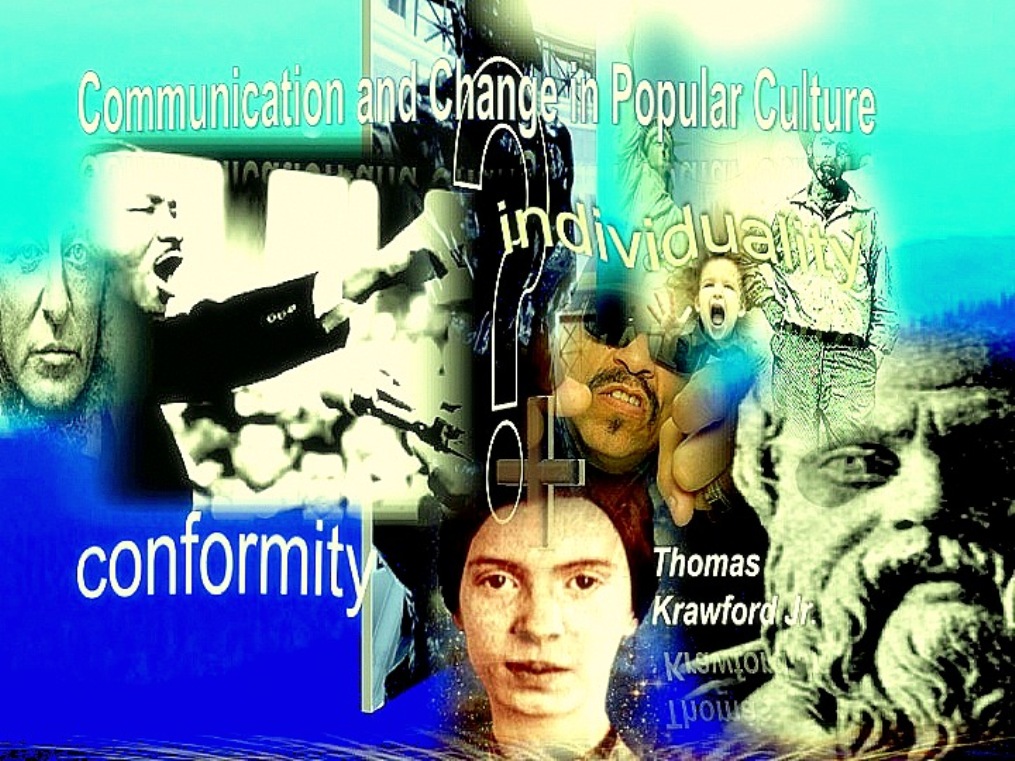There is a necessity of error in perspective and illusion if and only if the subject is necessary: that which is inherent, and object, that which is constructed from that which is inherent, is probable.
Thus, there is a Constancy of Occurrence of either in Joint, Direct or Inverse Relation to the other, relative to the Greatest Common General Circumstance of either Subject or Object to the Least Common Individual Result of Subject and Object Integration.
Now, according to the Wikipedia, Propositional Logic, sentential logic, deals with the ideas represented by symbols in a specific sequence. The term is a more specific example of General Symbolic Logic which gives us the tools to understand the formal properties of symbol groupings that represent both words and rules which define binary relationships.
Don't worry if none of that makes much sense right now. For the purposes of this post, we are only going to focus on clarifying how do we understand error, perspective and illusion: our first principle of inherency.
In future posts we will see how literature and the visual image demonstrate this dual system of qualitative and quantitative equivalence.
Let's start with three letters p, q and r. In the next post I will explain more about these letters, but for now, we will call them "letters."
We have been talking about "error" as something that is necessary.
We have also discussed the idea of quantity and capacity. So, let p stand for error: not p= error. What does that mean?
It means that an important part of what we are saying is inherent is neither capacity or quantity. It is negation.
As negation then, which ever way we move, either towards capacity or quantity, essentially we are talking about a "counter interaction." Since we are still discussing Inherency, we are bound by a closed system of variables eventhough we do not yet know what those variables and their quantifiers are at this point.
Of course, we do need to point out that a negation is not necessarily negative. It is more a canceling out of extremes: as black and white are neither colors nor the abscense of color, negation is a "neutral" of capacity and quantity. Or in Sir Isaac Newton's words, for every action, there is an equal and opposite reaction.
In terms of Inherency, that which we all have in common as greatest common general circumstance of capacity as error, is illusion quantity pi.
In this regard, let's let r= illusion.
However, that which is the least common individual result of capacity and error integration, quantity sigma over 1 or quantity, is perspective.
In this regard let's let q=perspective.
So, what we have so far is: a 'negation not p (necessity of error as "not") NAND "r" the least common individual resultive integration of quantity and capacity as illusion EQ (equal to) "q" the greatest common general circumstance of illusion or perspective ocurrence.
Like the ripples in a pool of water from a dropped pebble, our argument unfolds along the lines we have described.
We will go over this concept of Inherentcy again, but that is enough for now.


+of+IMG_9264.jpg)



